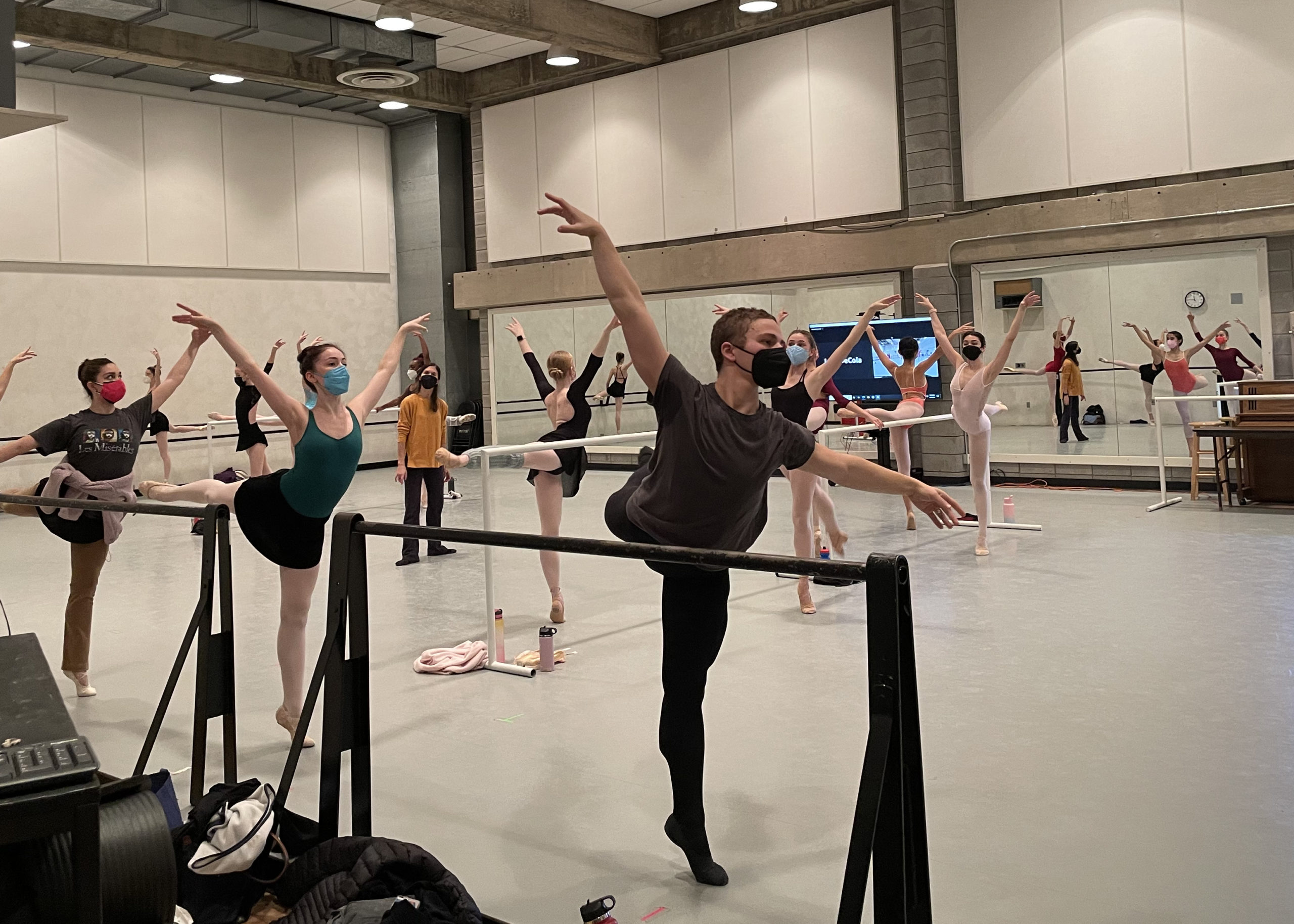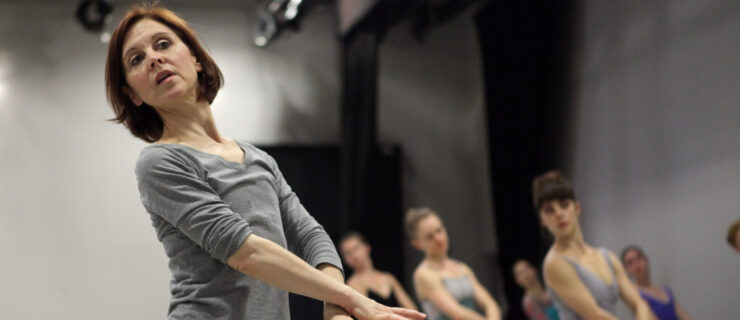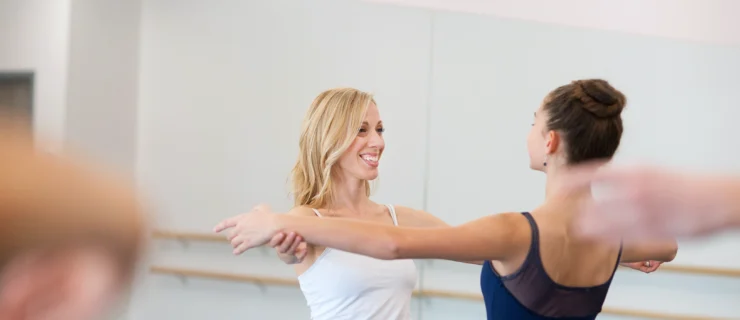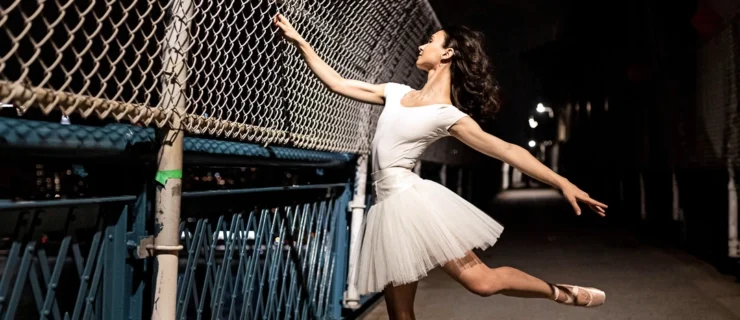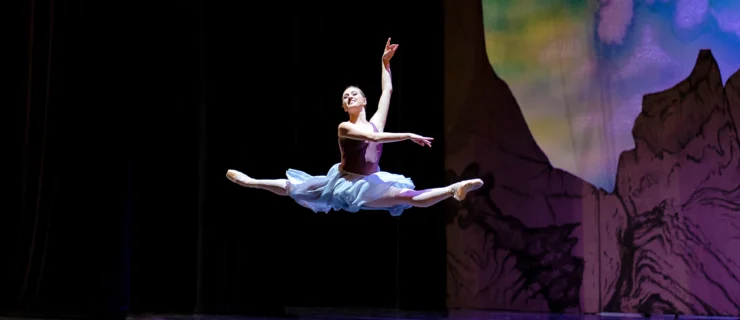How a Good Reference Can Give You a Leg Up During Audition Season
There are few situations more nerve-racking than auditions. With so many dancers vying for so few job openings, you need all the help you can get. That’s why, as you prepare your audition materials, you should consider having a letter of recommendation or a list of references. No matter the form, a good recommendation can help you get an invitation to an audition or confirm a director’s decision to hire you. But who do you ask, and how much weight do they carry? We’re breaking down what you need to know about references in order to put your best foot forward this audition season.
Do You Always Need One?
As you plan your auditions, look at each organization’s specific requests to see if a recommendation is necessary. For many summer intensive auditions, a reference does not need to be included (and a letter will likely go unread due to the sheer number of dancers auditioning). Many college dance programs request at least one letter of recommendation when a prospective student auditions. Sarah Wroth, associate professor and chair of the Ballet Department at Indiana University, says, “I think a general rule is to pay attention to the requirements for a given audition and proceed accordingly.”
For company auditions, some directors prefer a list of reference contacts at the bottom of a resumé. Make sure you first ask permission from whoever you include, whether it’s a teacher, ballet master or choreographer. You want to make sure they aren’t caught off guard if someone reaches out to them, and that they feel comfortable putting in a good word for you.
But keep in mind that, even with good references, your dancing is ultimately what matters at an audition. “For me, it’s less about the recommendation and more about what I see in the studio,” says Nashville Ballet artistic director Paul Vasterling. “I’m looking at their personality, their approach and technique.” Once he finds a dancer who appears to be a good fit for his company, he typically follows up by looking at recommendations.
Who Do You Ask?
Dancers may feel conflicted about who to ask for a recommendation. Should you go with a trusted, long-time teacher (who may not have a recognizable name) or a well-known choreographer you’ve only worked with briefly?
“I think it’s important to ask someone who knows you quite well,” says Suzette Boyer Webb, director of Cincinnati Ballet’s second company. She notes there are certain factors directors cannot observe in an audition setting, such as work ethic, how coachable a dancer is, and how well an individual can work within a group setting. “A recommendation that communicates these other aspects of a dancer’s work can be incredibly helpful,” she says.
Wroth advises dancers to research the organization’s repertoire and faculty and see where your training and experience fit in. “Try to understand who among your network will offer the most credible, influential connection to your desired destination, and make sure that individual has worked with you enough to articulate your greatness.”
Use Your Connections
If you have a recommendation from someone with close ties to the organization you’re auditioning for, even better. Directors will understandably trust a reference from someone they know and have experience with over a stranger. “If I receive a personal email or phone call recommendation, it holds much more weight than just someone bringing in a letter,” says Vasterling.
Wroth explains that when she auditioned for Boston Ballet, she included a recommendation from Violette Verdy at the top of her audition paperwork. Verdy had previously worked as Boston Ballet’s co-artistic director and then artistic director. “Violette was a respected connection to the company, and I believe holding that connection in my hands in letter form tipped the scales in my favor,” says Wroth, who was offered a corps contract after a 200-person open audition. “The key is using references that establish credibility and connection to the institution you are applying to, otherwise they just end up being extra work for all involved.”
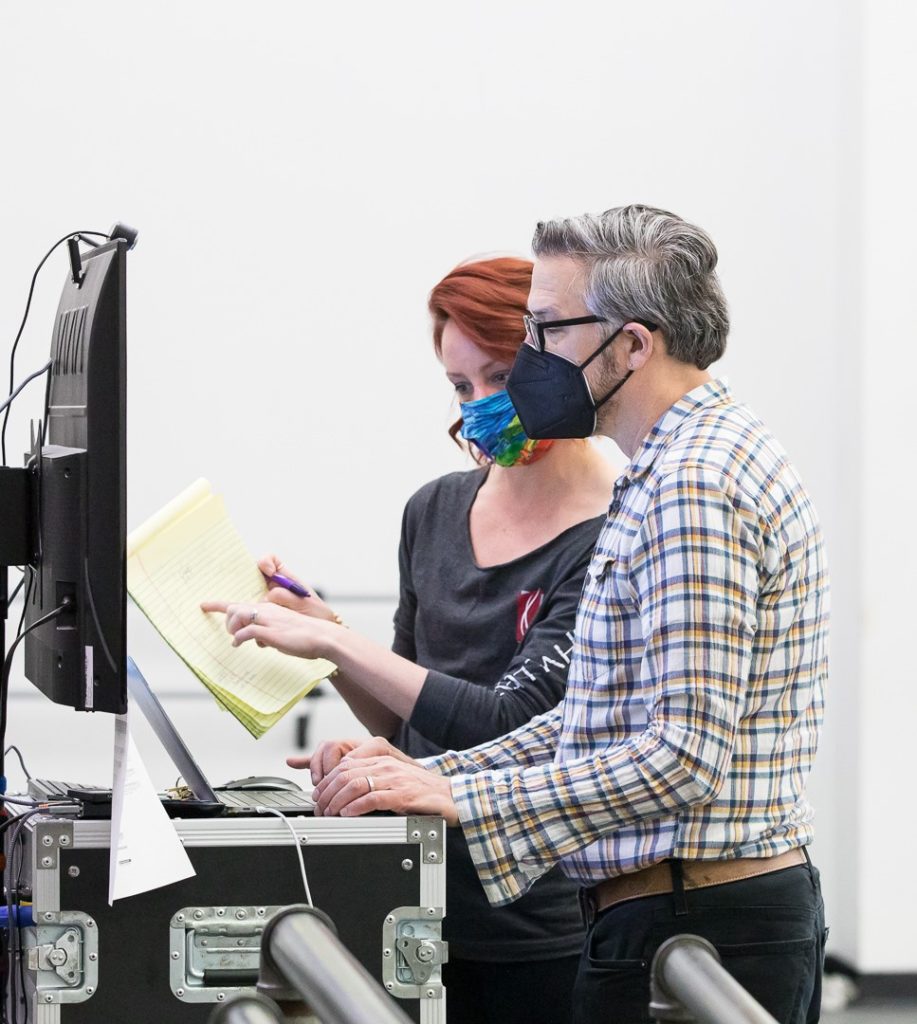
Awkward Circumstances
Is it okay to ask for a recommendation from your director or other artistic staff if you are hoping to leave that organization? Dancers need to be savvy here—if you want to have a new contract secured before leaving your current company, it may be better to ask someone more neutral, like a choreographer.
Boyer Webb says that communication plays a major role when you’re considering employment elsewhere. “Directors realize that dancers leave for many reasons, both personally and professionally. If you have a long-standing relationship with your director, hopefully you can clearly communicate to them your need to seek something different, where asking for a letter of recommendation makes sense.”
Wroth has a comparable opinion: “Most times, when you have given your heart and soul to a company or school and maintained professionalism throughout your work, a recommendation request is absolutely a right of that time spent contributing.” In these cases, she says, a dancer’s attitude and communication style is of the utmost importance. Approach a potential reference with a respectful tone, and refrain from speaking badly about your organization.
In most cases, having a recommendation to validate not only your talent but your work ethic and character is a great benefit. Every audition is unique, and while a reference could be invaluable in one situation, it may not be appropriate in another. Remember to use connections to your advantage and to plan accordingly in order to make the most of audition season.
